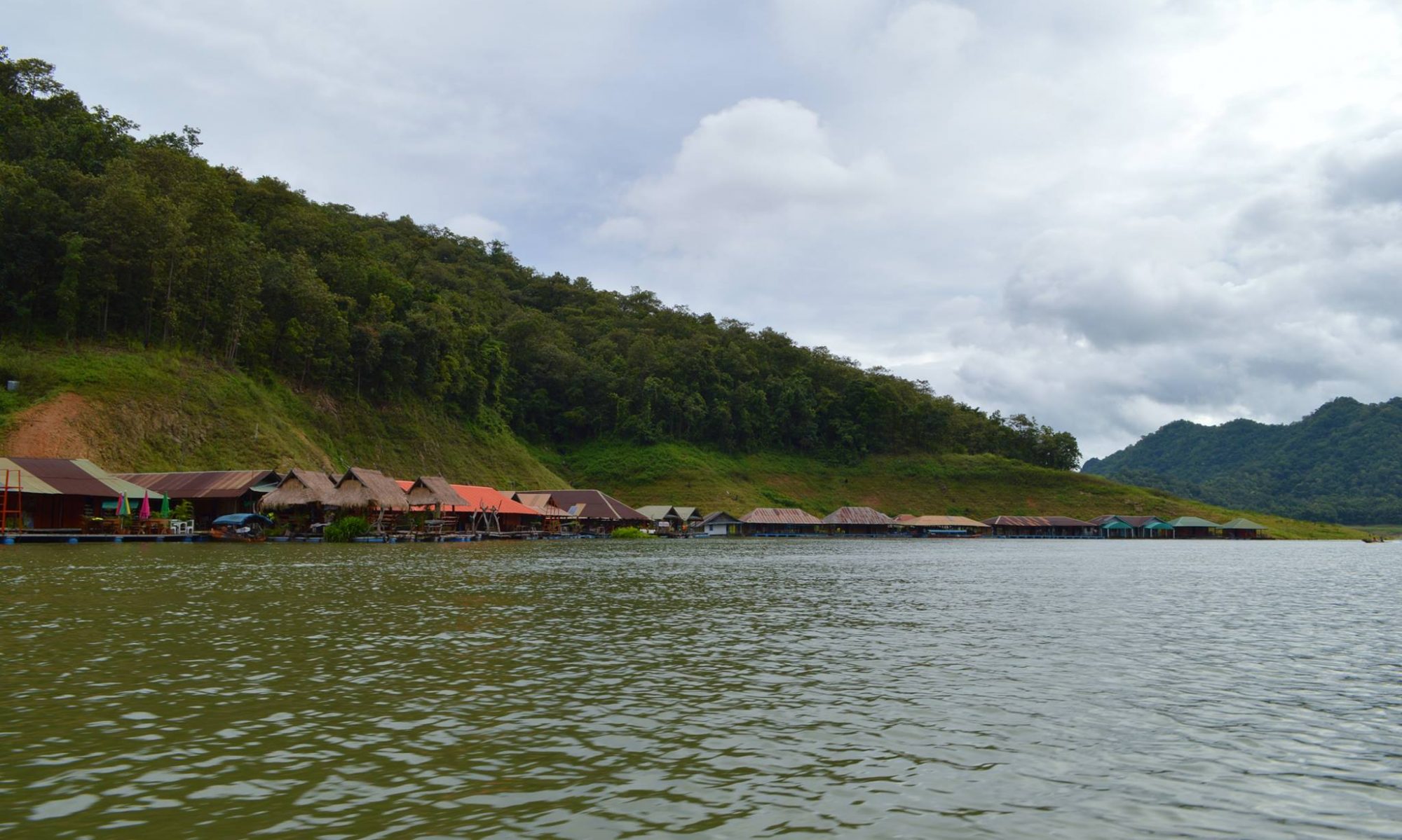Public policy is often imagined to be the outcome of a technical, expert-informed, process. Empirical evidence shows interests, power and social relations are often as or more important than expert knowledge. The boundaries between science and policy, it turns out, are constantly being re-negotiated.
Moving towards more inclusive or evidence-based processes are both touted as solutions. Two challenges arise. First, determining whose advice and knowledge is relevant. Second, expert knowledge may be valued, but it is not value-free. At USER we are interested in understanding how scientific and other forms of knowledge interact in the pursuit of sustainability.
Selected Publications
- Clark W, Van Kerkhoff C, Lebel L, Gallopin G. (2016) Crafting usable knowledge for sustainable development. PNAS 113, 4570-4578. (Abstract)
- Lebel L, Wattana S, Talerngsri P. (2015) Assessments of ecosystem services and human well-being in Thailand build and create demand for coproductive capacity. Ecology and Society 20. (Abstract)
- van Kerkhoff LE, Lebel L. (2015) Coproductive capacities: rethinking science-governance relations in a diverse world. Ecology and Society. 20 (21): 14. (Abstract)
- Lebel L. (2014). Closing knowledge-action gaps in adaptation to climate change in the Asia-Pacific region. International Journal of Environment and Sustainable Development. 13:204-221. (Abstract)
- van Kerkhoff L, and Lebel L. (2006). Linking knowledge and action for sustainable development. Annual Review of Environment and Resources. 31:445-477. (Abstract)

